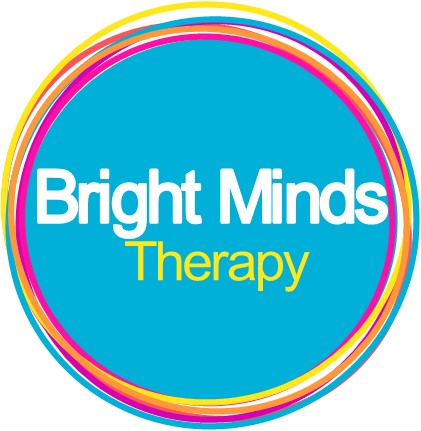My Child's Speech is Delayed... so why might they need OT?
A large amount of clients in my career have come through referrals from a speech pathologist. Parents and teachers have picked up on the obvious speech concerns and hence they have traipsed off to the local speech pathologist to get some assistance; only to be referred on. Whilst this has been a source of frustration for many parents, by the end of the first session I have an Occupational Therapy convert, and have convinced the parent that OT is in-fact an important step towards developing their child’s speech; and many times other little difficulties that have been further explored during the assessment (that parents have often overlooked due to the bigger picture of the in your face speech concerns).
So, how can Occupational Therapy assist in the development of speech?
Well if you think about it, when a baby is developing, what comes first? Movement milestones ie rolling, crawling; OR speech development? Of course, you know the answer to that.
Without getting too technical with neurology jargon; when a baby is developing through normal movement milestones there is very important brain and cognitive development that is occurring. As the child starts early communication development such as babbling and blowing raspberries, research shows that there is generally a change in motor development prior. Whilst this is still not fully understood (the brain is a complex thing) the connection between motor and cognitive/speech development is well established. If a child has missed or had decreased exposure to early movements, an Occupational therapist can set up a program of activities in order to help progress neurological development.
Also important to consider is the relationship between movement(vestibular) input and sound production, such as when we are swinging it is natural for us to produce sound such as ‘weeeee’, or to produce other sounds of excitement during other intensive movement activities. If a child is sensitive to movement activities then in turn their speech development may be affected.
From my own OT perspective there are some other key important areas of development that can affect speech and comprehension.
Firstly, when the child is moving around and rolling on the floor they are receiving input through their skin receptors, muscles and joints. This input is sent to the brain and they start to develop important connections regarding body awareness, which assists in the understanding of positional language such as over, through, under, up, down.
Secondly when a child learns to crawl they are using opposite arm and leg together, which helps to develop important connections between the left and right sides of the brain. From studies about neurology and the brain, we know that the main speech centre is located in the left side of the brain and the visual centre the right, and so in order to transmit what we are seeing into words, we need to have developed these important connections between the right and left hemispheres of the brain.
An Occupational Therapist can help to assess these underlying skills required for speech and comprehension development and build a tailored program for your child to assist with development. And from experience with working closely with speech pathologists, they often report a jump in speech and communication after a short block of occupational therapy.
